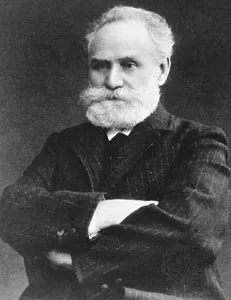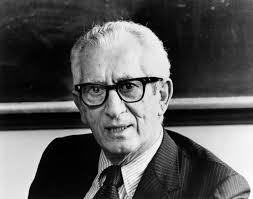Ivan Pavlov: The Architect of Classical Conditioning and Beyond

Ivan Petrovich Pavlov (1849–1936) was a Russian physiologist whose pioneering research on digestion unexpectedly revolutionized psychology through the discovery of classical conditioning.
Edward Thorndike: Pioneering Learning Theory and the Foundations of Educational Psychology

Edward Lee Thorndike (1874–1949) was an American psychologist whose groundbreaking work on learning and behavior laid the scientific groundwork for modern educational psychology and influenced the rise of behaviorism.
Bloom’s Taxonomy: A Framework for Learning and Cognitive Growth

Bloom’s Taxonomy, first introduced in 1956 by educational psychologist Benjamin Bloom and a team of collaborators, stands as one of the most influential models in education.
The Enduring Legacy of Jean Piaget: A Pioneer in Cognitive Development

Jean Piaget (1896–1980) is widely regarded as one of the most influential figures in developmental psychology. His groundbreaking work on how children think, learn, and develop intellectually revolutionized our understanding of human cognition.
Practice Questions for Science Class 10th "Reflection and Refraction"
Multiple Choice Questions (MCQs):
Practice Questions for Science Class 10th "Our Environment"
Multiple Choice Questions (MCQs):
Practice Questions for Science Class 10th "Control and Coordination"
Multiple Choice Questions (MCQs):
Practice Questions for Science Class 10th "Life Processes"
Multiple Choice Questions (MCQs):
Practice Questions for Science Class 10th "Metals and Non-metals"
Multiple Choice Questions (MCQs):
Practice Questions for Science Class 10th "Acids, Bases, and Salts"
Multiple Choice Questions (MCQs):
